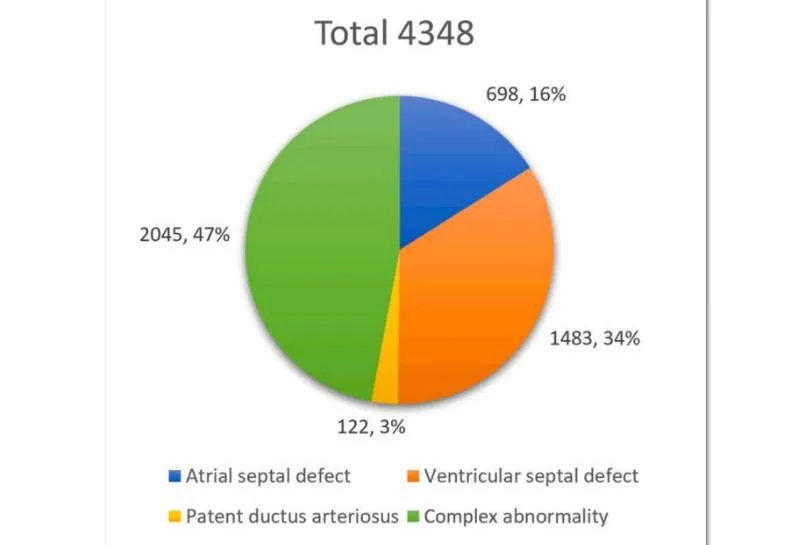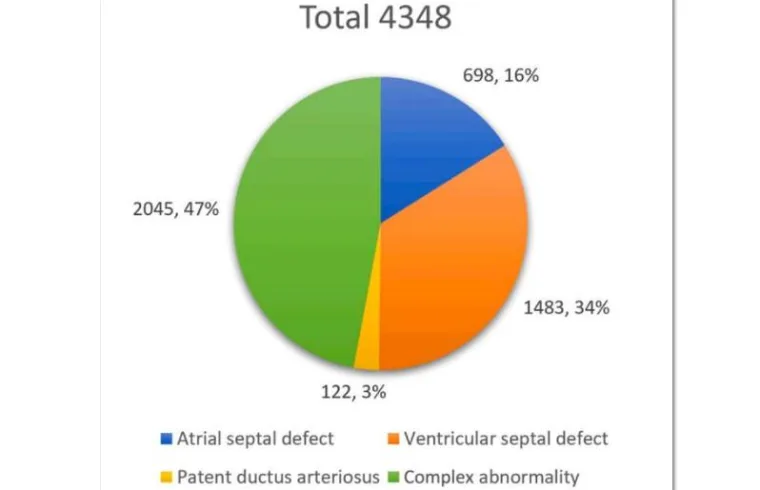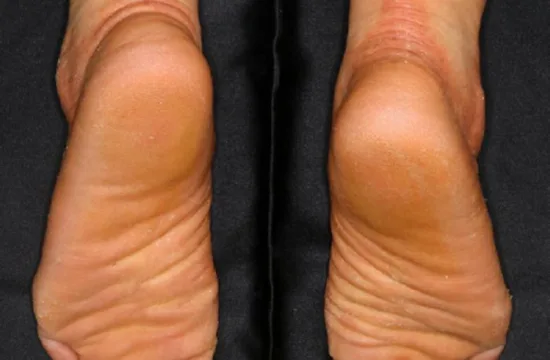Large-scale analysis in China highlights key predictors to improve care and resource use in pediatric cardiac patients

A recent study conducted at China’s National Center for Cardiovascular Diseases has identified 14 independent risk factors associated with prolonged stays in the intensive care unit (ICU) among children who undergo cardiac surgery.
The research, published in Medicine Plus, analyzed data from 4,348 pediatric patients with congenital heart disease.
Prolonged ICU stay was defined as 12 days or longer—the 95th percentile among the study population. Of the 44 potential risk factors examined, 14 were significantly associated with extended ICU care. These include younger age, higher pre-operative cystatin C levels, palliative (rather than corrective) procedures, longer cardiopulmonary bypass duration, higher lactic acid levels after bypass, and several post-operative complications such as arrhythmia, need for renal replacement therapy, re-operation, cardiopulmonary resuscitation, and re-intubation.
Other significant factors were higher central venous pressure, greater chest tube drainage volume, elevated vasoactive-inotropic scores, and lower left ventricular ejection fraction on the first day after surgery.
Notably, the study found that surgical complexity alone was not a direct predictor of longer ICU stays. Instead, patient-specific and post-operative management factors played a more critical role.
“These findings can help clinicians identify high-risk children earlier and tailor interventions to shorten ICU stays, which is especially important in settings with limited medical resources,” said Dr. Xu Wang, the corresponding author of the study.
The research also emphasizes the importance of experienced surgical teams and timely supportive care, such as renal replacement therapy and careful extubation planning, to improve recovery outcomes.
The study was conducted at Fuwai Hospital in Beijing and supports improved resource planning and patient management in pediatric cardiac surgery.







